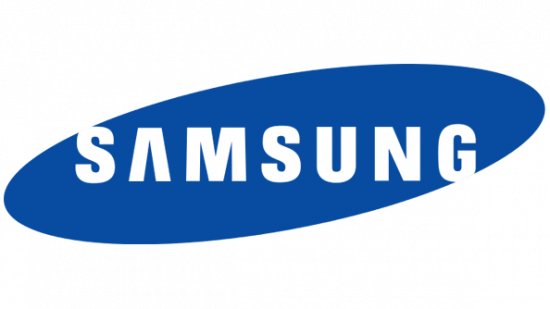That rumoured Oculus and Samsung-developed Gear VR headset has become a real, tangible device you’ll be able to plonk on your noggin in the Autumn.
Strap an empty Gear VR to your face and you’ll simply look a bit like Watchmen’s Owlman. But slide a Galaxy Note 4 into the side and you’ll be subject to a virtual reality experience not entirely unfamiliar to Oculus Rift dev kit owners.
The Galaxy Note isn’t just for answering calls while you wait at your three-dimensional bus stop with Totoro. It’ll contribute its processor and battery to the simulation.
The Gear splits the resolution of the Note 4’s 518ppi display, which means it’s not going to be the most high-res option on the market. But it’s reportedly lighter than the Rift.
“At its very core, virtual reality is about being freed from the limitations of actual reality,” said John Carmack, who you’ll remember from computer games. “Carrying your virtual reality with you, and being able to jump into it whenever and wherever you want qualitatively changes the experience for the better.
“Experiencing mobile VR is like when you first tried a decent desktop VR experience – there is a sense that you are glimpsing something from the future. This is science fiction made real, and it’s only just the beginning.”
Oculus’ store will introduce Gear users to the nascent world of VR development, though it’s not intended solely for games – ideas like 360 degree tours of cities and live concerts have been floated. That’s consistent with Facebook’s plans for Oculus.
At launch, the Gear VR will come loaded with an Avengers: Age of Ultron-sponsored tour of Tony Stark’s lab, Cirque Du Soleil performances and trailers courtesy of IMAX. Vevo will offer more than 100,000 music videos and live events to download.
What does all that mean for us? The appearance of a VR-ready Android device will surely complicate Rift game development. But it’ll also expand its potential market, justifying more and bolder experiments from established studios. Which is good, yeah?
Thanks, Techcrunch.
